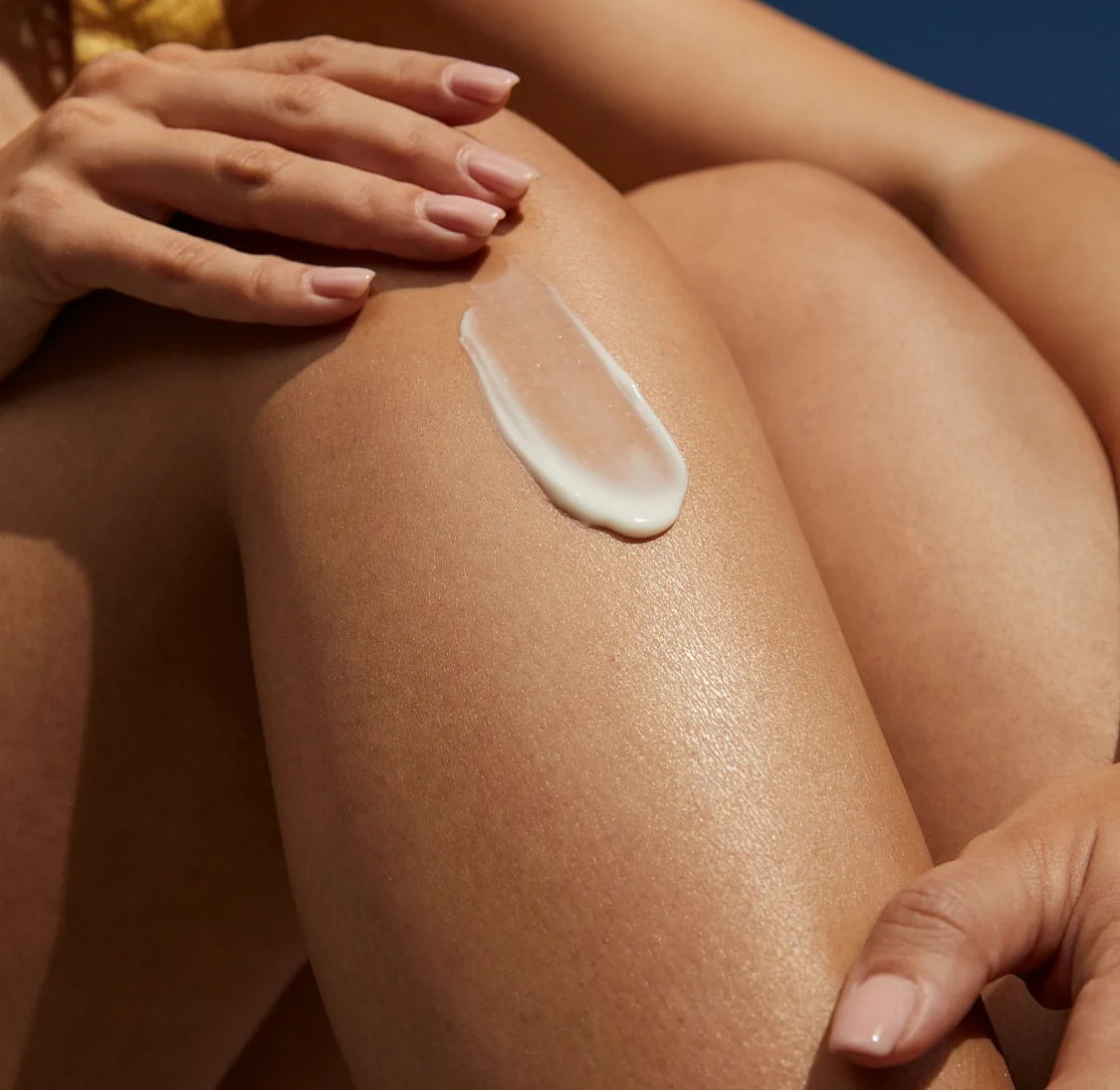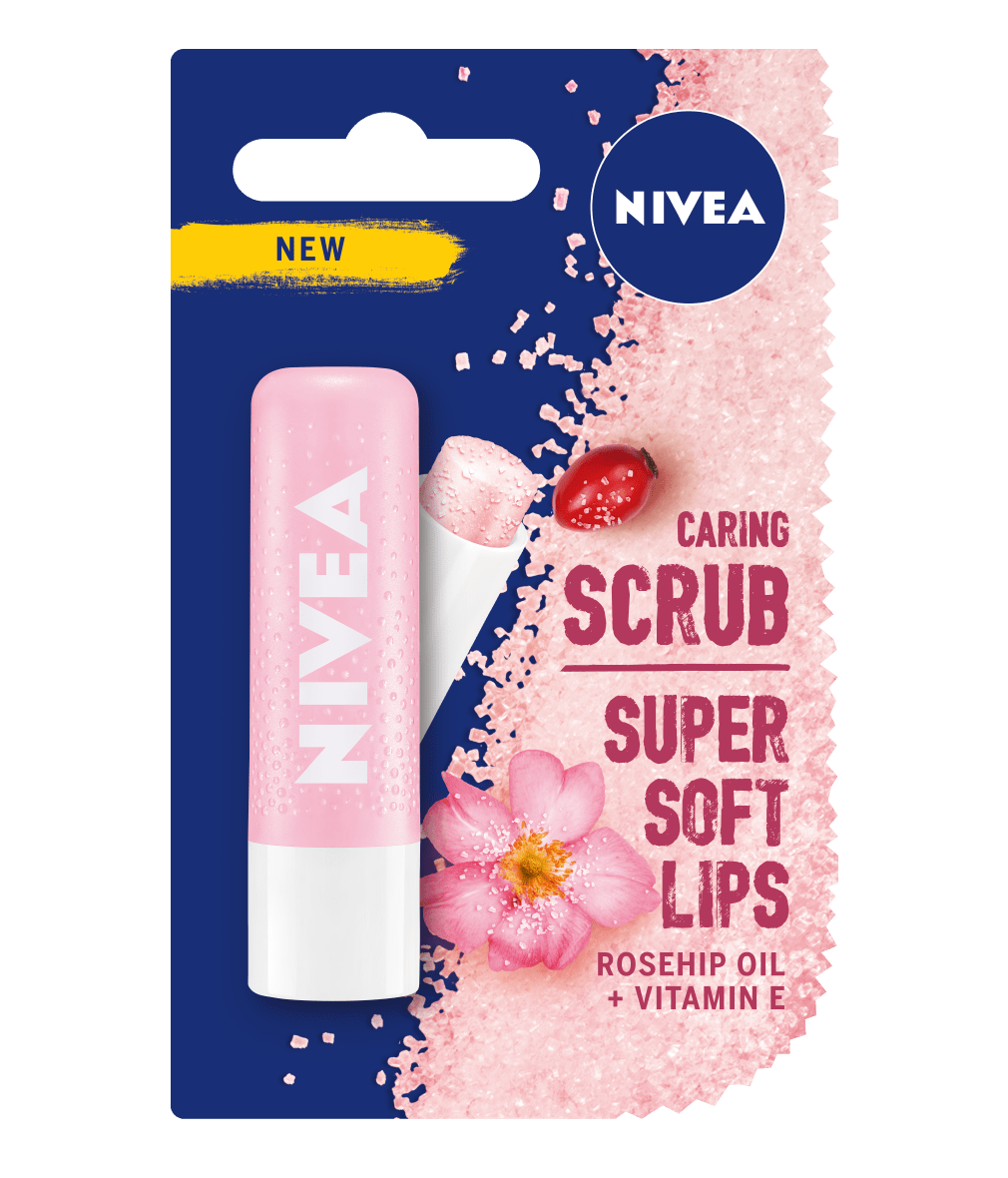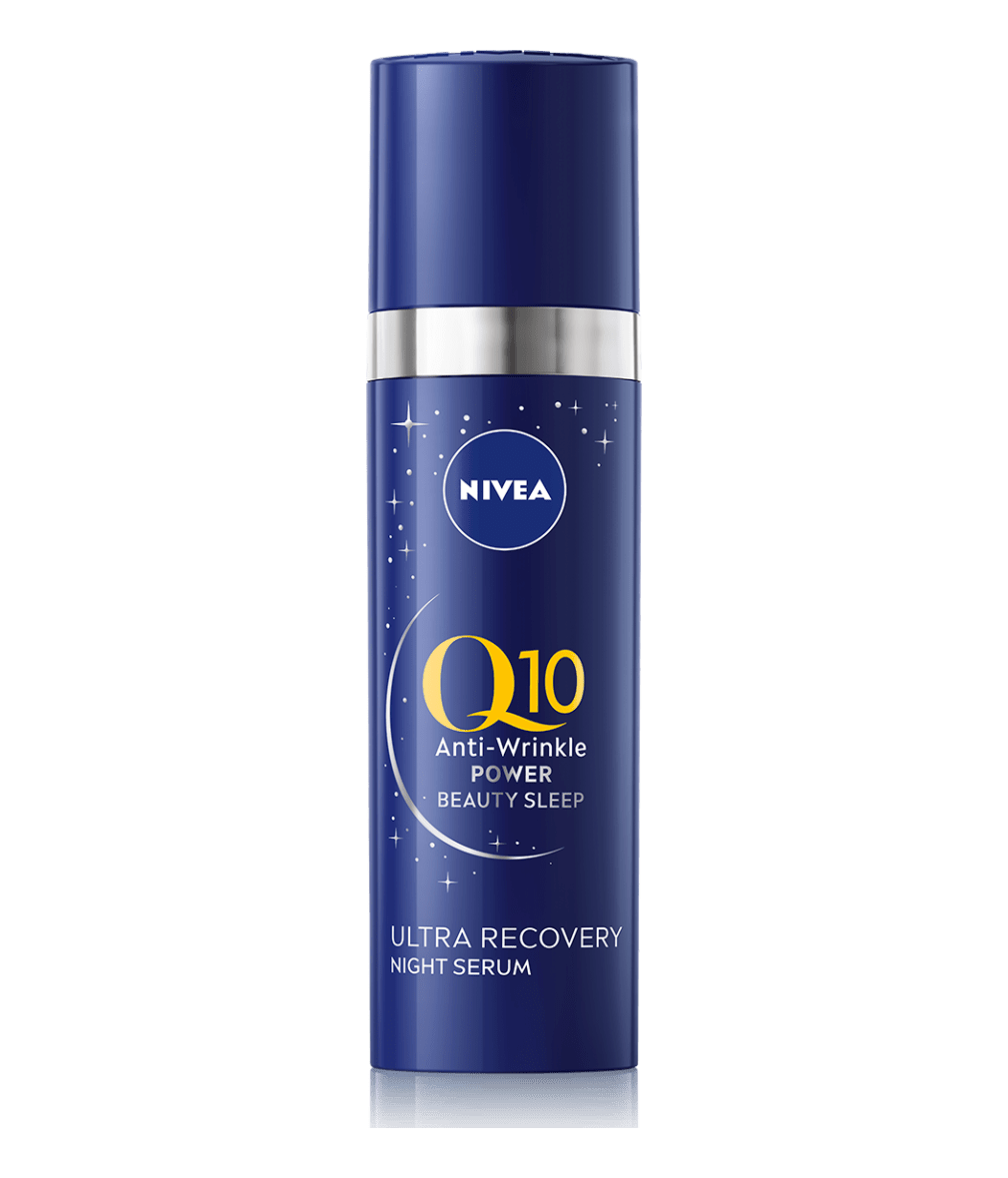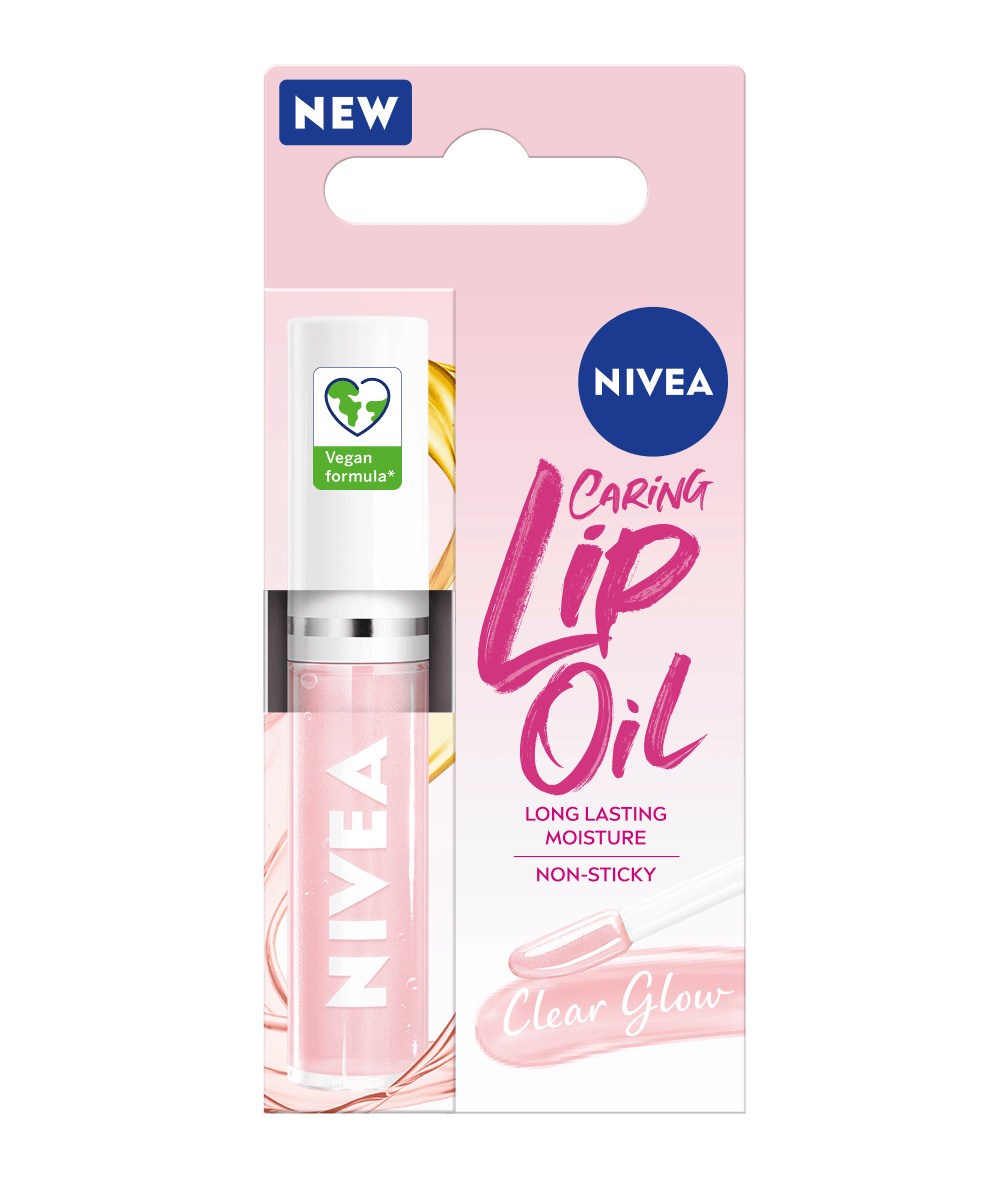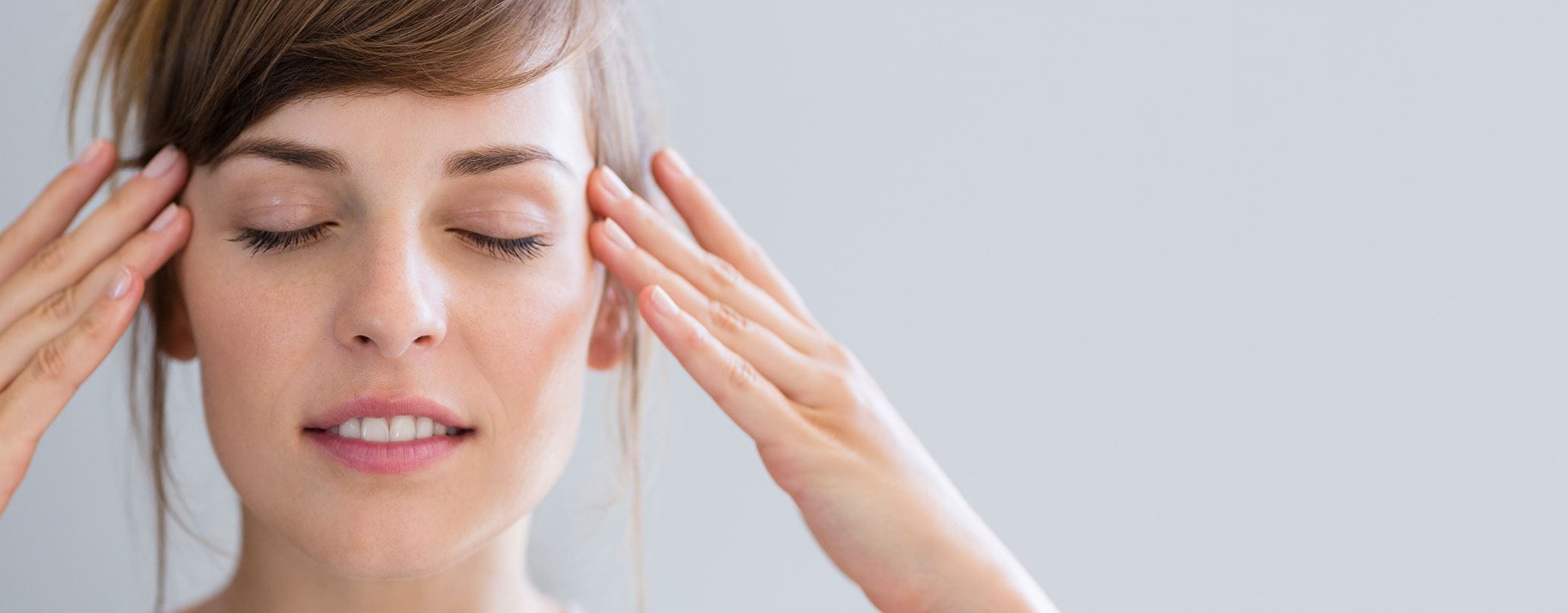
Rosehip Oil for Skin
What’s the secret behind rosehip oil? Learn all about the benefits of rosehip oil for skin.
Incorporating rosehip oil into your daily skincare routine can work wonders for your complexion, and so it’s no wonder that it has become so popular as an anti-ageing agent in recent years.
Let’s take a closer look at an ingredient that Miranda Kerr and Kate Middleton use on a daily basis, and one which countless others swear by.
Let’s take a closer look at an ingredient that Miranda Kerr and Kate Middleton use on a daily basis, and one which countless others swear by.
ROSEHIP OIL FOR FACE
What is Rosehip Oil?
ROSEHIP OIL BENEFITS
Benefits of Rosehip Oil
As you may have gathered, rosehip oil is an impressive multitasker. Here are some of the main skincare benefits of rosehip oil.
